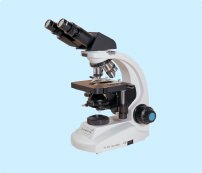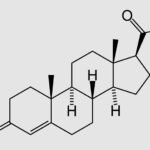
Medical devices and diagnostics
1201 views
A New Test Allows Distinguishing Between Benign And Malignant Prostate Neoplasms
A new test based on a simple blood test, devised in the laboratories of the Istituto Superiore di Sanità, could be able to diagnose prostate cancer without biopsy. The method was developed thanks to the collaboration between the Irccs Neuroimmunology Unit of the Santa Lucia Foundation and the Department of Urological Sciences of the Policlinico Umberto I of Rome and was applied on 240 samples, demonstrating 100% diagnostic accuracy of specificity (no false positive) and 96% sensitivity.
To date, the dosage of serum PSA, that is the dosage of prostate specific antigen, fails to effectively distinguish between malignant and benign diseases that often coexist in the same patient. Thanks to this new test, it is possible to diagnose the nature of the neoplasm thanks to the possibility of characterizing and quantifying the plasma levels of exosomes that express PSA.
Exosomes are extracellular nanoscale vesicles, released by most of the cells in our body. They are used to transport and exchange different types of molecules between cells, so that they are now considered the main source of disease biomarkers. In the case of prostate cancer they carry a PSA which in many respects is different from the classic soluble PSA present in serum.
Based on the results of the study, published in Cancers, 96 patients out of 100 may not need further diagnostic analysis and with the enlargement of the data base it will be possible, in a fairly short time, to decide when further invasive analyzes are really necessary. Comparing the values of serum PSA with those of EXO-PSA the study was able to demonstrate the high sensitivity and specificity of the test with respect to the inability of serum PSA to distinguish prostate cancer from all other conditions, including hyperplasia benign prostatic.
Posted in Medical devices and diagnostics
(0 voices, average: 5 of 5) 1201 vieves
































